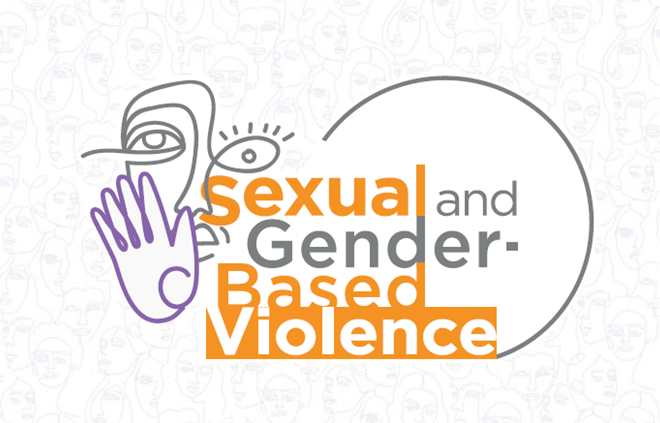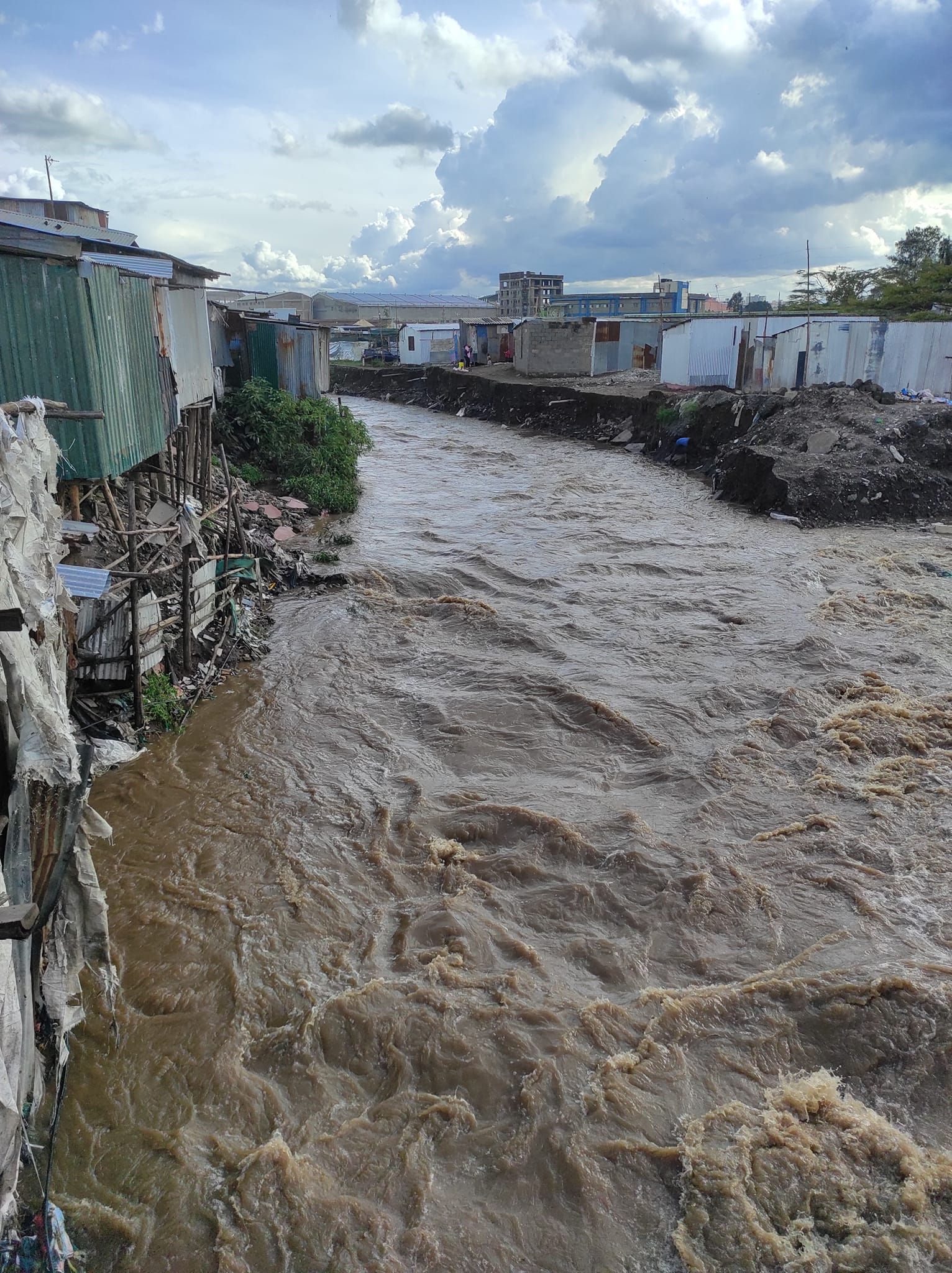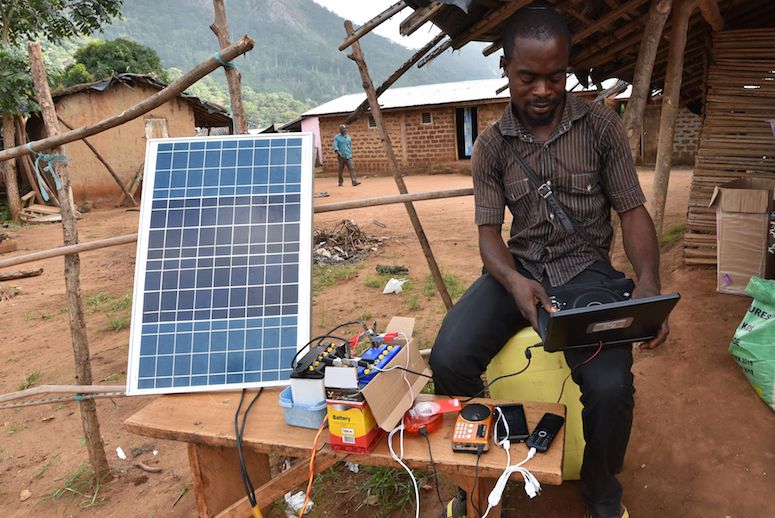FALSE: Photo does not show the drought situation in Embolioi, Kajiado County, in October 2022
HOAX: Safaricom is not offering free data to old sim card users

This Facebook post with a link to a website claiming Safaricom, a Kenyan telco, is offering free data for old sim card users is a HOAX.
The post reads in part: “*SAFARICOM OLD SIM CARD FREE DATA OFFER* Safaricom is Offering Free Data to all *OLD SIM CARD*”.
The offer for a six-month-old sim card is 5GB while that of sim cards one year and above is 10GB, according to the post.
To be eligible, the website’s landing page asks users to provide their Safaricom phone number as the first step.
The second prompt asks how old the applicant’s sim card is, with potential beneficiaries directed to select answers from a dropdown menu.
To claim the gigabytes, one is required to share the link in five WhatsApp groups or with 15 friends. This is common with phishing scams.
We performed a WHOIS domain search of the website in question to authenticate the offer’s validity. The site was registered on 31 July 2000 in California, United States of America.
The purported offer neither appears on Safaricom’s website, nor on its official Facebook page, or Twitter and Instagram accounts.
Safaricom’s Communications Business Partner Dennis Kioko dismissed the purported offer as fraudulent.
“This is fraudulent. Our websites are safaricom.co.ke and safaricom.com,” Kioko responded to our queries in an email.
PesaCheck has looked into a Facebook post with a link to a website claiming that Kenya’s telecommunication company Safaricom is offering free data for old sim card users and finds it to be a HOAX.
This post is part of an ongoing series of PesaCheck fact-checks examining content marked as potential misinformation on Facebook and other social media platforms.
By partnering with Facebook and similar social media platforms, third-party fact-checking organisations like PesaCheck are helping to sort fact from fiction. We do this by giving the public deeper insight and context to posts they see in their social media feeds.
Have you spotted what you think is fake or false information on Facebook? Here’s how you can report. And, here’s more information on PesaCheck’s methodology for fact-checking questionable content.
This fact-check was written by PesaCheck fact-checker Peris Gachahi and edited by PesaCheck senior copy editor Cédrick Irakoze and acting chief copy editor Francis Mwaniki.
The article was approved for publication by PesaCheck managing editor Doreen Wainainah.
PesaCheck is East Africa’s first public finance fact-checking initiative. It was co-founded by Catherine Gicheru and Justin Arenstein, and is being incubated by the continent’s largest civic technology and data journalism accelerator: Code for Africa. It seeks to help the public separate fact from fiction in public pronouncements about the numbers that shape our world, with a special emphasis on pronouncements about public finances that shape government’s delivery of Sustainable Development Goals (SDG) public services, such as healthcare, rural development and access to water / sanitation. PesaCheck also tests the accuracy of media reportage. To find out more about the project, visit pesacheck.org.
PesaCheck is an initiative of Code for Africa, through its innovateAFRICA fund, with support from Deutsche Welle Akademie, in partnership with a coalition of local African media and other civic watchdog organisations.






